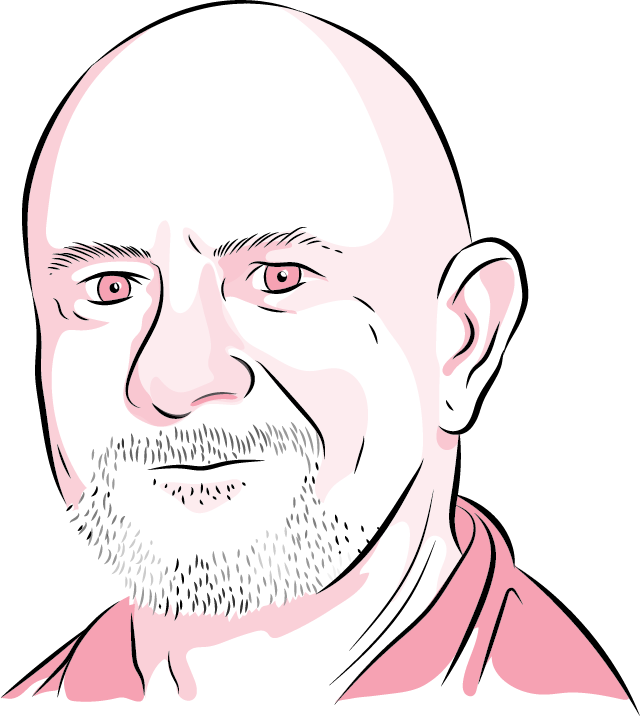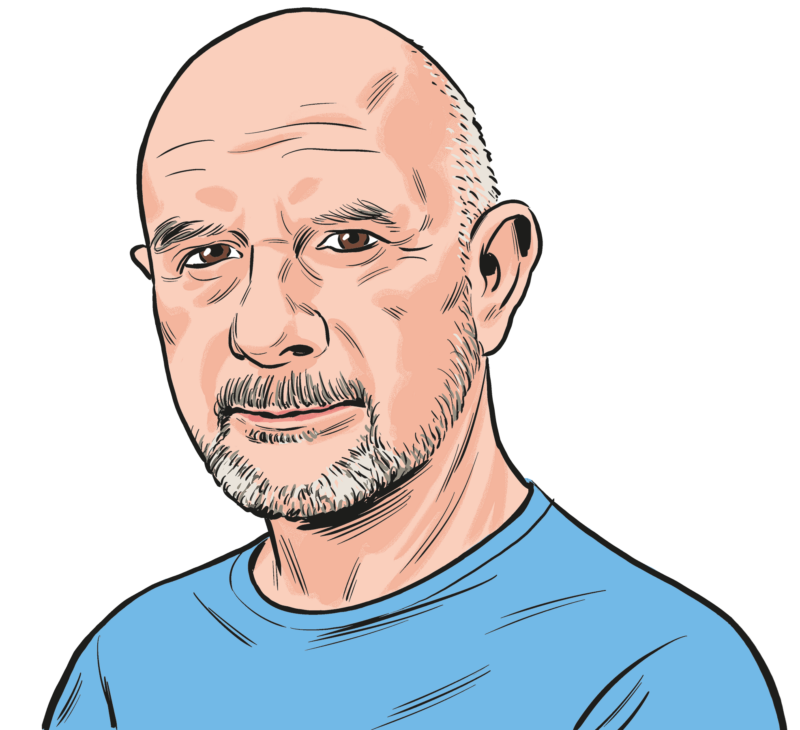BOOKS READ:
- Borrowed Finery—Paula Fox
- Making Oscar Wilde—Michèle Mendelssohn
- Normal People—Sally Rooney
- The Friend—Sigrid Nunez
BOOKS BOUGHT:
- Boom Town—Sam Anderson
- The Perfect Stranger—P. J. Kavanagh
- Borrowed Finery—Paula Fox
- What’s Your Type? The Strange History of Myers-Briggs and the Birth of Personality Testing—Merve Emre
- Little—Edward Carey
- Symphony for the City of the Dead: Dmitri Shostakovich and the Siege of Leningrad—M. T. Anderson.
“My father was a gambler down in Georgia,” the Allman Brothers sing, “and he wound up on the wrong end of a gun. / And I was born in the backseat of a Greyhound bus, / rollin’ down Highway 41.” When I first heard those words as a teenager, I thought I got the gist: they were a romanticization of the outlaw spirit. Those unsympathetic to the modus operandi of 1970s Southern rock might even argue that they were unwittingly parodying this spirit, but either way, the lines were not to be taken seriously.
However, between then and now I have read enough American literary memoirs to know that the Allmans’ story was almost certainly true, and almost certainly applied not just to both Allman brothers but to the rest of the band as well. Being born in the backseat of a bus before (or after) the death by shooting of a ramblin’, gamblin’ father, in fact, is a story that would barely hold the interest of Tobias Wolff (This Boy’s Life), or Nick Flynn (Another Bullshit Night in Suck City), or Mary Karr (The Liars’ Club), or Mikal Gilmore (Shot in the Heart, perhaps the most remarkable of them all). American lives, it seems to us here in the UK, are almost always enviably improbable. My own memoir, Fever Pitch, by sorry comparison, consists of me going to watch football matches, sometimes with my father, over four decades.
Given my insatiable appetite for improbable American literary lives, Paula Fox’s Borrowed Finery had somehow passed me by. But not only is it a classic of the genre, its improbability is almost off the scale. In brief: Fox’s parents, unsuccessful screenwriters whose fecklessness takes one’s breath away at the beginning of the book and then builds steadily from there, put her in a Manhattan foundling home a few days after her birth, apparently because having a baby was a real drag. Her grandmother, back on a brief trip from Cuba, found out where she was and rescued her, but passed her on to a friend of the family, who in turn passed her on to a...
You have reached your article limit
Sign up for a digital subscription and continue reading all new issues, plus our entire archives, for just $1.50/month.
Already a subscriber? Sign in






